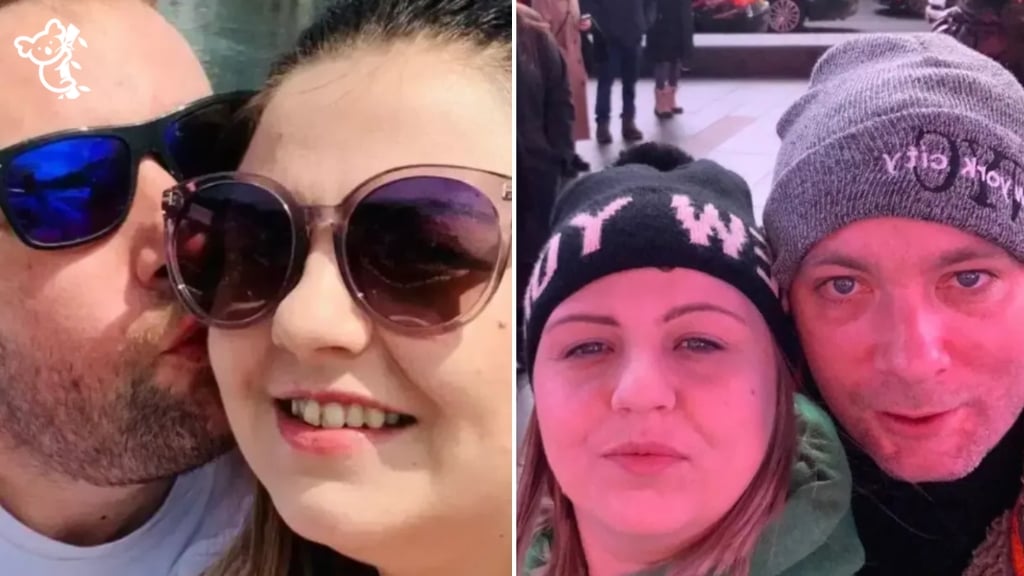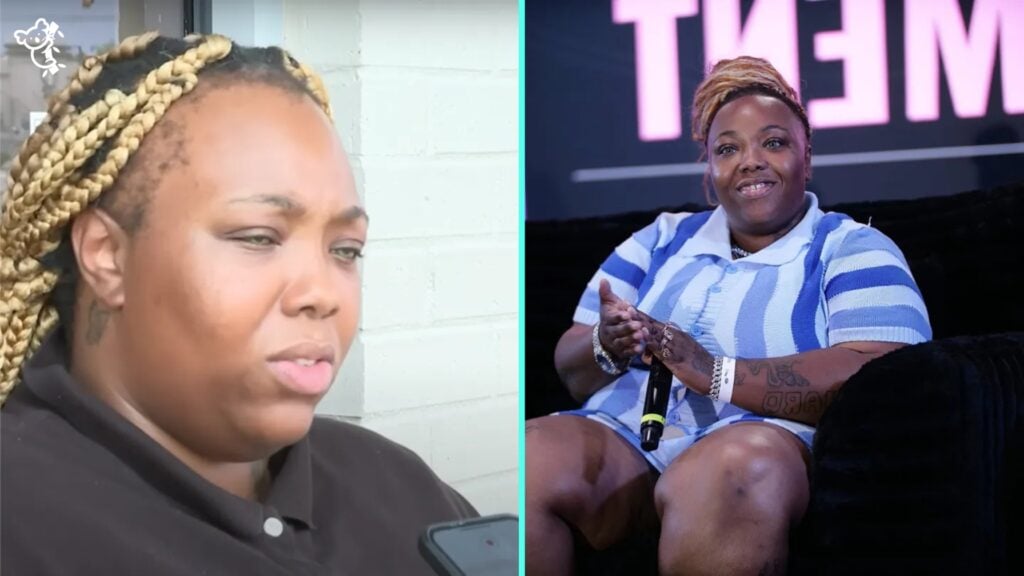In the sleepy town of Spalding, Lincolnshire, a routine shopping excursion was a life-changing experience for a pair.
Michael Cartlidge, 39, and Charlotte Cox, 37, were only together for three months before they chose to take a chance on their fortune with a Lotto scratch card.
Neither of them expected the ticket to make them a staggering sum of £1 million ($1.3 million).
What was supposed to be a celebratory event quickly turned into a bitter dispute, one that now hangs over them with the possibility of escalating into litigation.
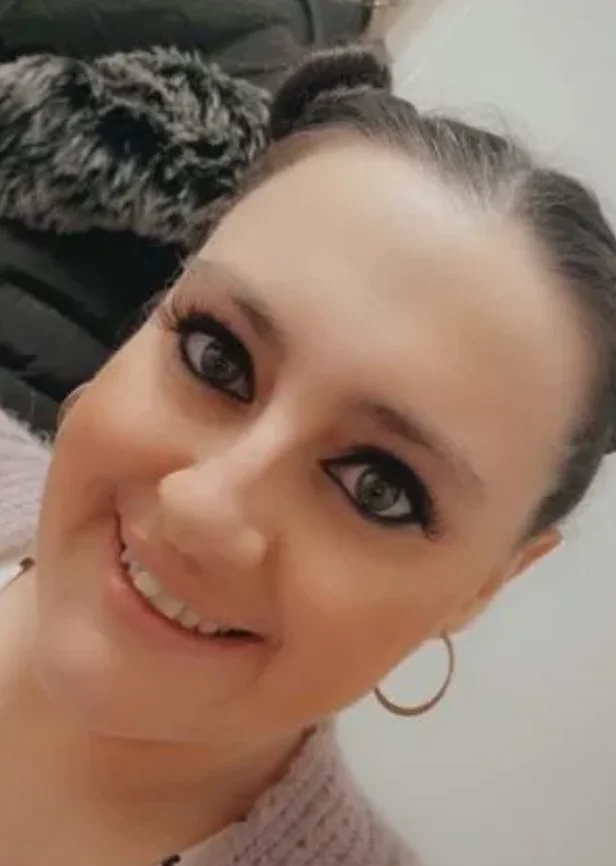
Cartlidge, the security engineer, recalls that particular incident in the shop, insisting that he had just as much at stake in the spending.
“We were in the shop, and I took out my Halifax app because I didn’t have my bank card on me. When I went to transfer it, I held my phone up to show her,” he said.
He strongly believes that the CCTV footage of the shop, which was analyzed by the lottery operator Camelot, supports his argument.
Cartlidge is certain Cox would never have bought the winning ticket if he had not been present.
In the meantime, Cox, who is a single mother, argues that she was the one who actually paid in full and scratched the card.
In her view, that alone qualifies her to be the owner of the entire jackpot, something that has sparked the ongoing fight.
Shortly after their dramatic win, the romance of the couple ended abruptly, and the winnings came into question.
Though Cox chose to withdraw from the relationship, Cartlidge hoped to obtain an equal portion of the winnings they had acquired jointly.

At first, it seemed that Cartlidge could have a strong case as the original lottery company, Camelot, did consider the issue.
Cartlidge claims Camelot initially stood behind him, stating that he should receive half of the prize money.
This time, though, there was a twist of surprise when the National Lottery business was bought by a new company named Allwyn.
When the management of the company altered, the decision was reversed, and Allwyn announced Cox as the single winner of the jackpot.
The National Lottery upheld the ruling in a statement, citing its rules for scratch games.
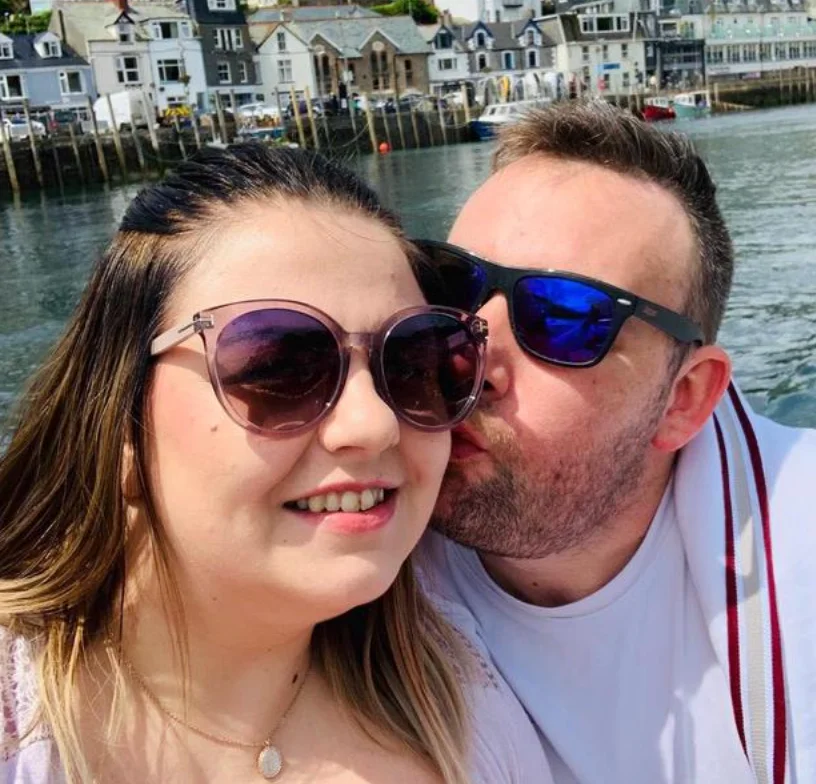
“The National Lottery Rules for Scratchcard Games make clear that only one person can be the owner of a ticket,” they explained.
“And that only the person whose name and address is written on the back of a winning scratchcard can claim a prize.”
This ruling effectively severed Cartlidge from the winnings, leading him to think about filing a lawsuit.
“I am in shock,” he admitted. “I know it was her bank account that paid for it, but it should go 50-50 morally.”
On the other hand, Cox’s allies argue that there is no argument against her and that the money is hers and hers alone.
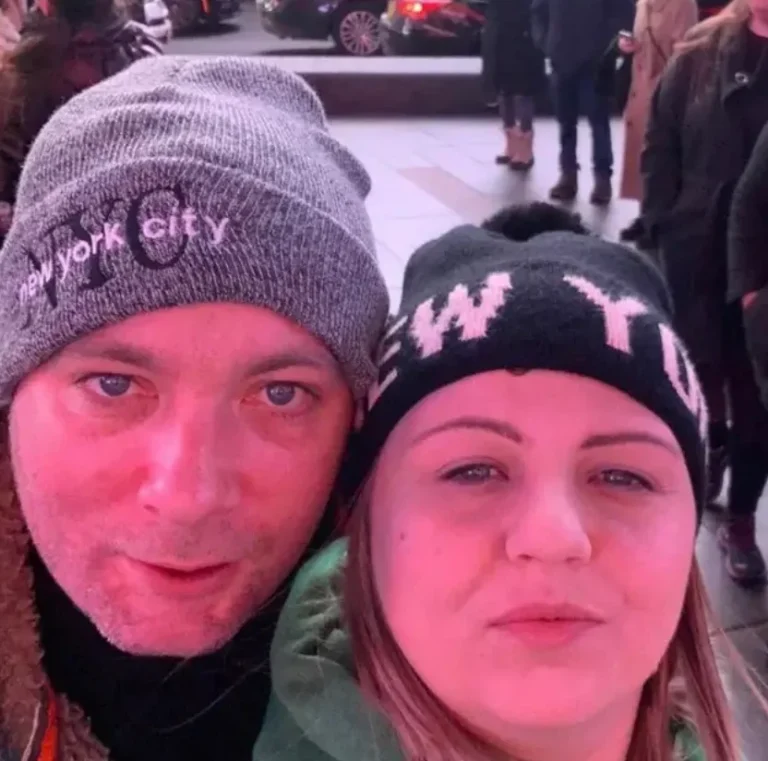
A close friend of Cox said, “One million pounds has never brought so much misery. It’s ruined the last three months for her and her family.”
The source also added as follows, “Mike has no right to this money. Charlotte won, she paid for the ticket and she scratched the ticket. The case is closed.”
The tumultuous rift highlights the dangers of sudden wealth, demonstrating how riches can divide people rather than bring happiness.
What started out as a theatrical triumph has now turned into a bitter aftermath, and Cartlidge lost everything while Cox is going through a pending legal saga.
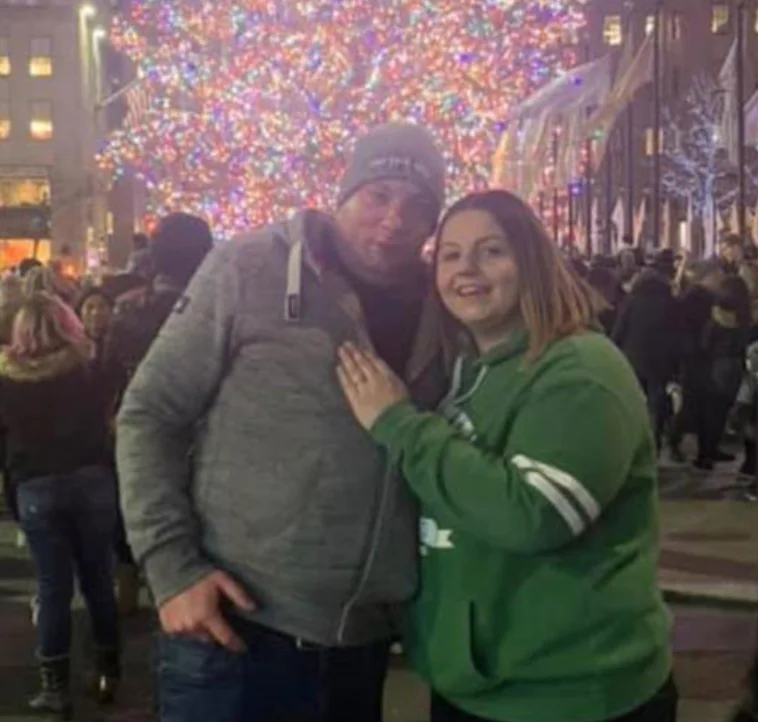
The two now need to determine if they will resolve their conflict amicably or present their dispute in court, where the final judgment shall be delivered.


